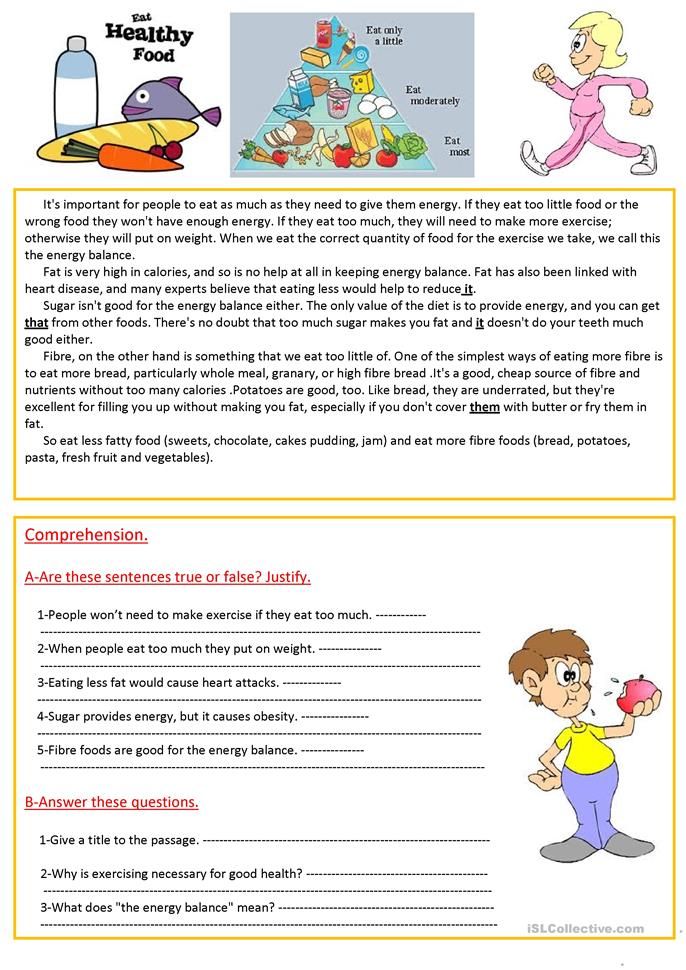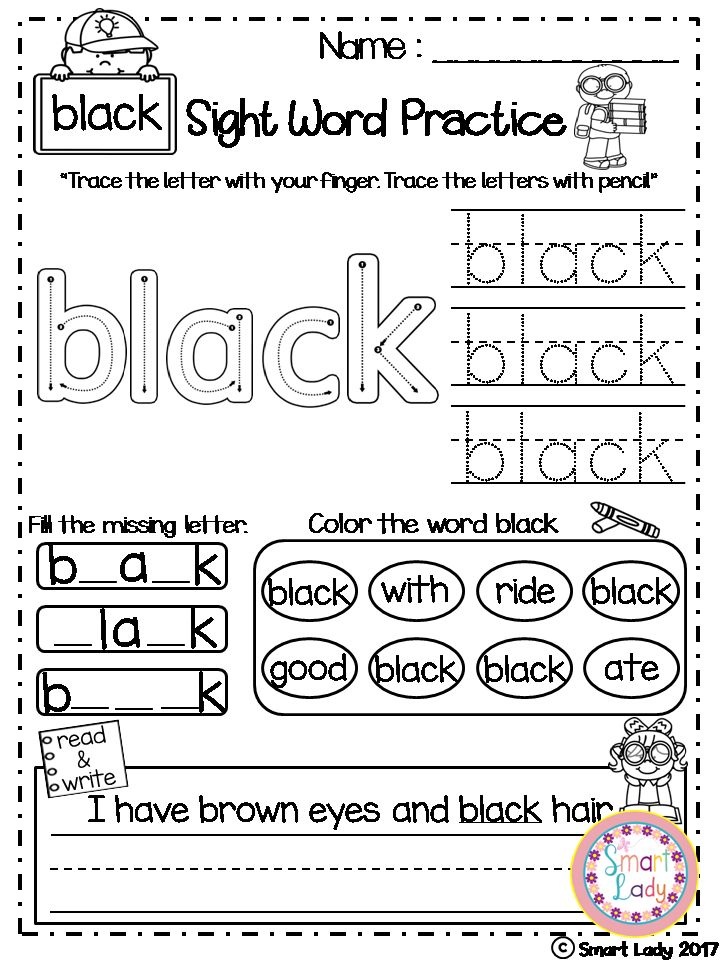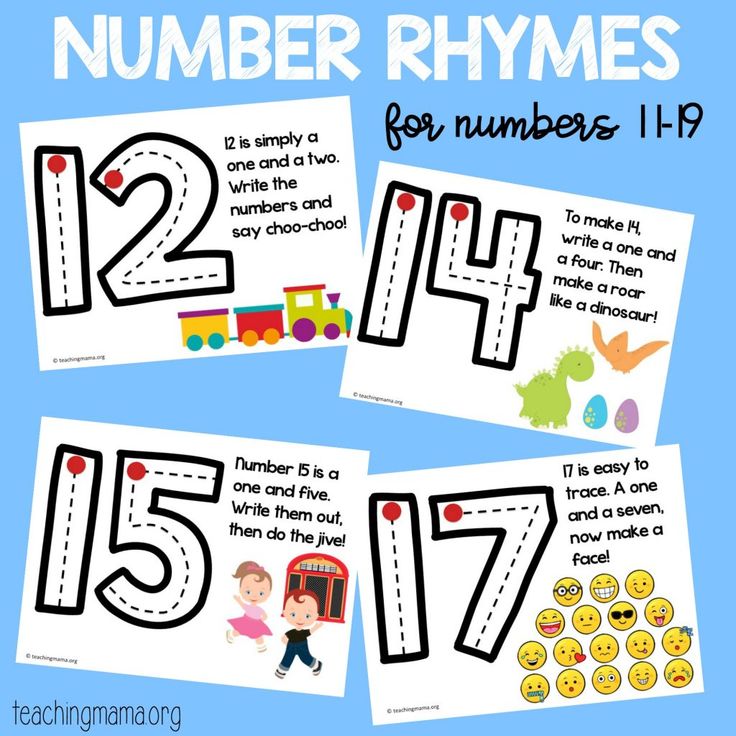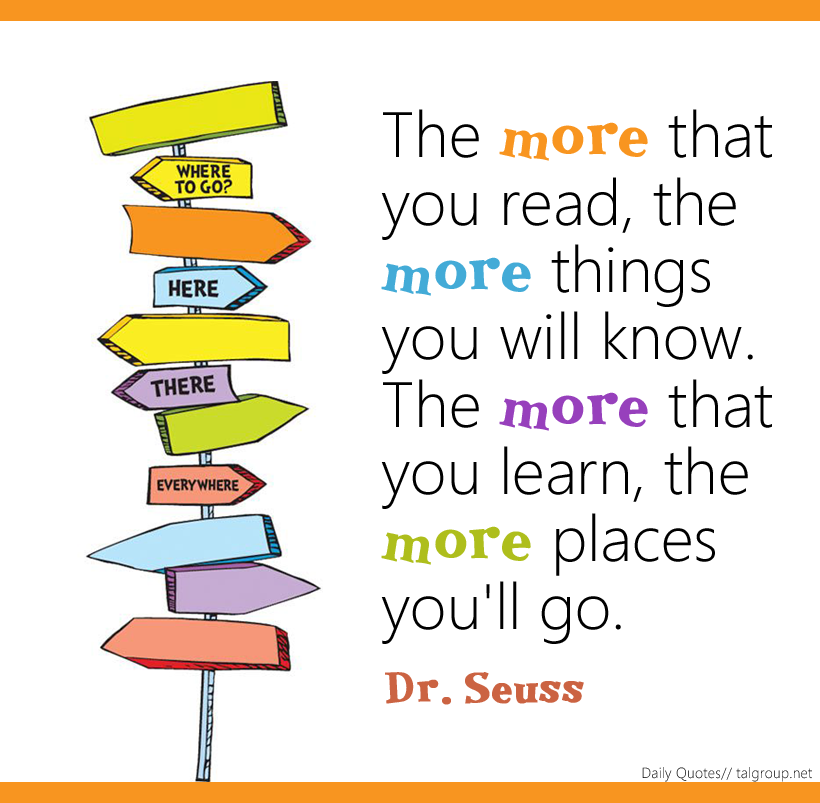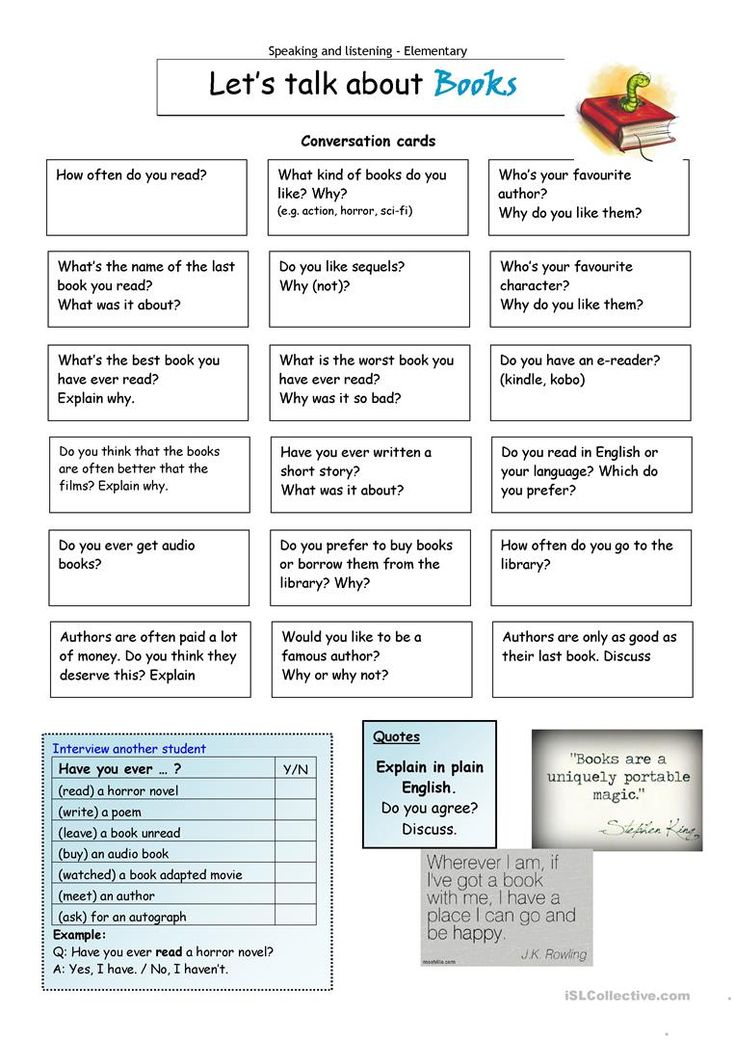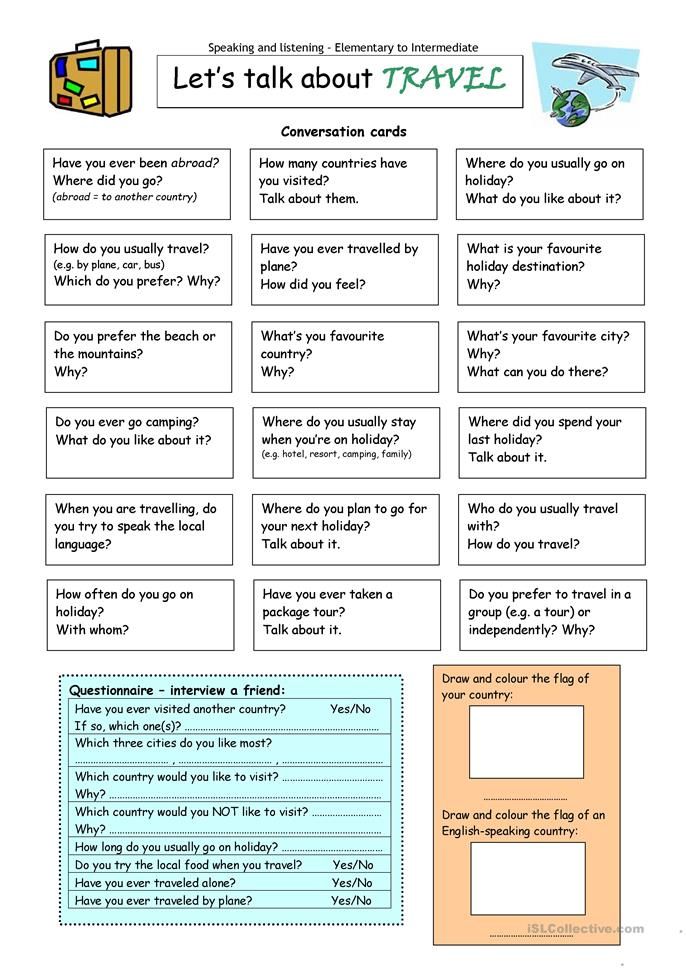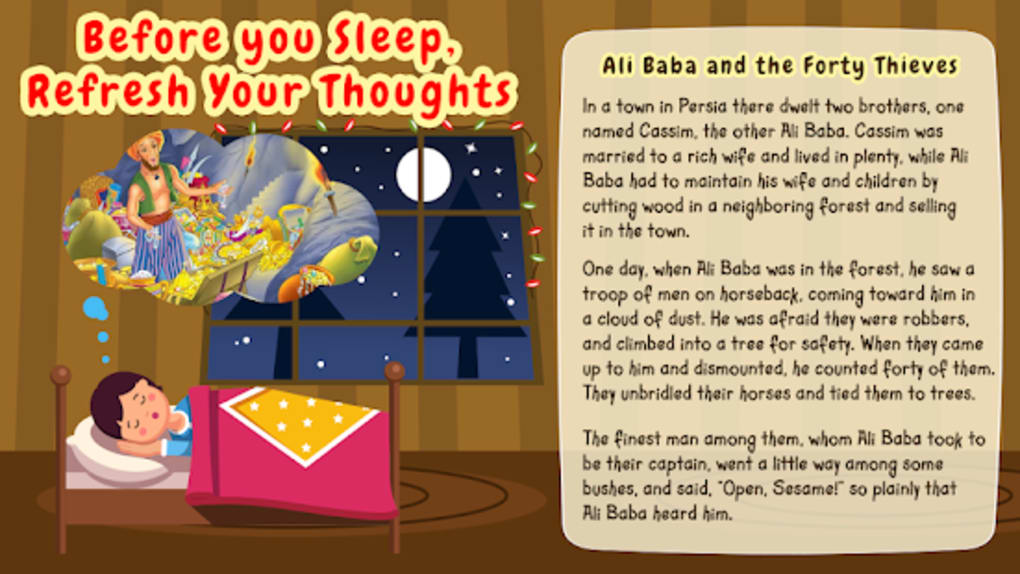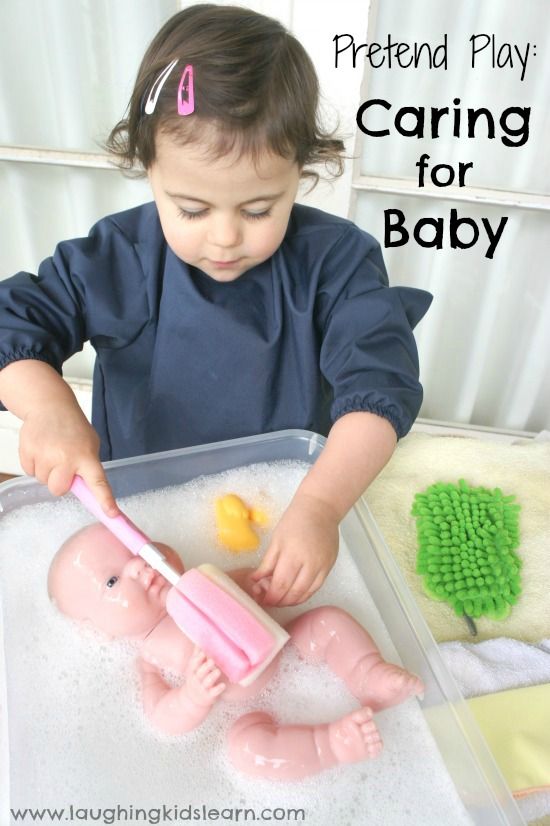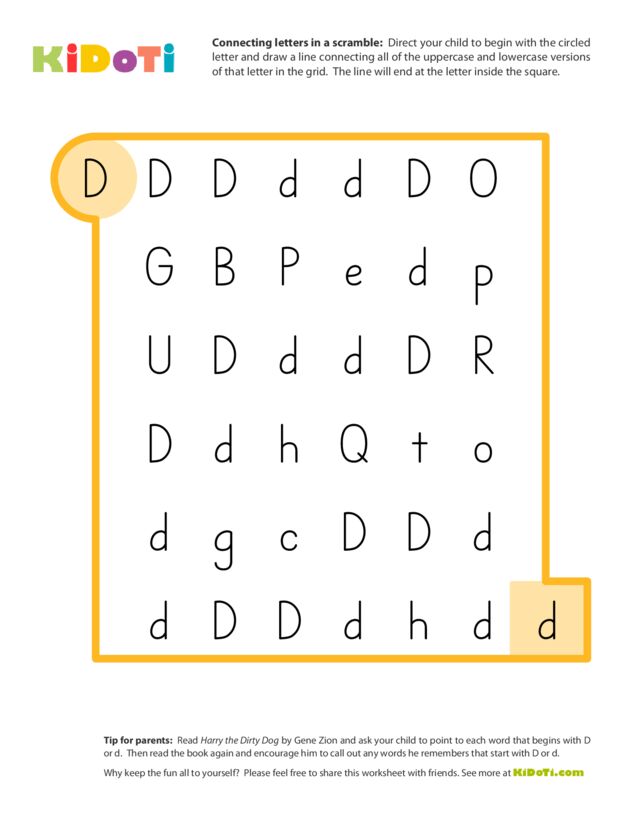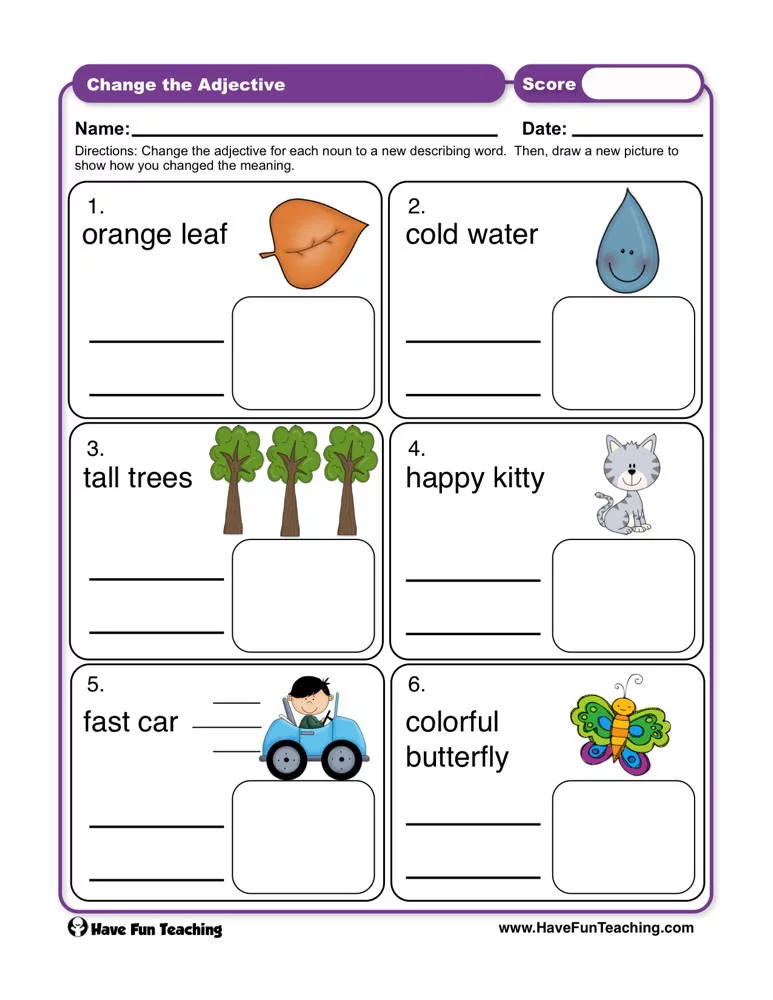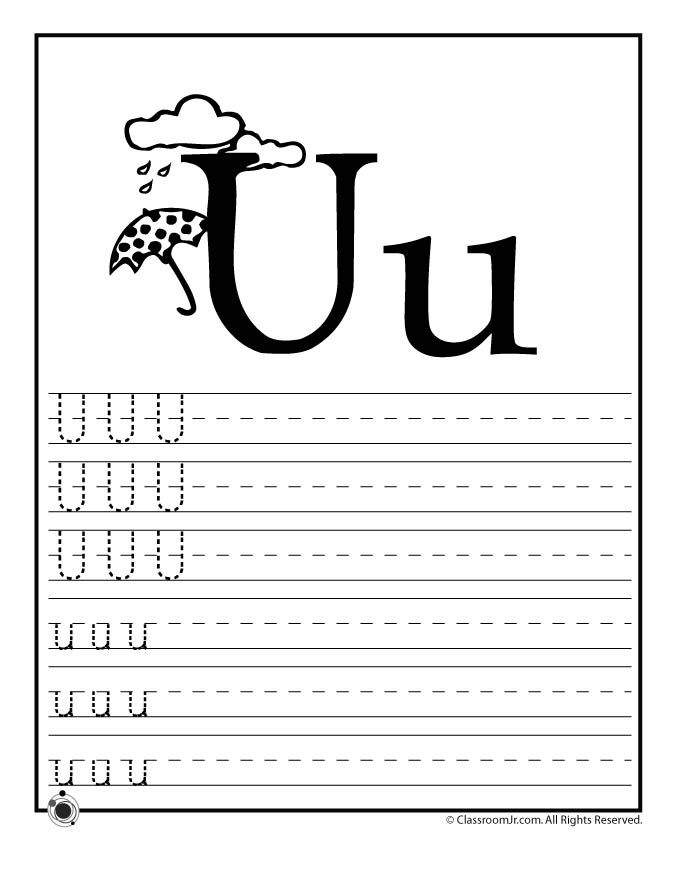Meaning of dolch words
What are Dolch words and how can you teach them?
Haven’t heard of the Dolch list? Don’t worry. If you’ve ever read Dr. Seuss you know a good portion of it already. In fact, every word in The Cat in the Hat is on the Dolch list.
Dolch words are high frequency English vocabulary commonly used to teach children to read. Learning to recognize them automatically can facilitate fluency in reading.
Think of the most common English articles, prepositions, conjunctions, adjectives, adverbs and verbs (a, and, away, big, blue, can, come, down) and you’ll get a good idea of the list.
Who can benefit from Dolch words?
Dolch words, also known as sight words, account for between 50-75% of all vocabulary found in grade school reading material.
However, it isn’t just grade school children who can benefit from learning the Dolch word list.
Individuals with dyslexia and other learning difficulties may find memorizing the list a useful activity because it facilitates the development of reading and spelling skills.
Adults who are struggling readers can also benefit from learning Dolch words. Those students who are learning English as a second or additional language may be tasked with mastering Dolch words in beginner level classes.
Who wrote the Dolch word list?
The Dolch word list was created by Edward William Dolch in 1936 and first published in Problems in Reading in 1948. Dolch worked at the University of Illinois and based the list on the most common words in children’s books at the time.
This was a genre he was familiar with given he wrote and published many collections of stories, including interpretations of Aesop’s fables and even a title today’s Internet would fall head over heels for, I like cats: True cat stories.
Dolch recognized the value in teaching first-grade readers high frequency words without forcing children to memorize a list of 500+ terms.
He narrowed his collection to 220 words and chose to leave nouns off of the list.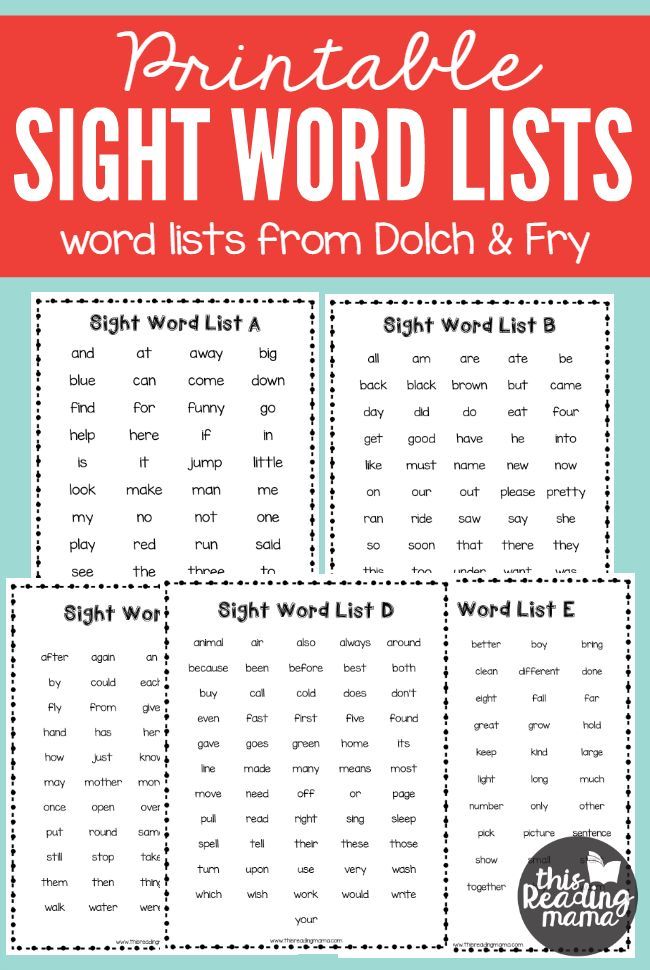 The reason behind this decision was that nouns tend to be related to specific content and the more generic “service” words could be found across many different kinds of books and reading materials, regardless of topic.
The reason behind this decision was that nouns tend to be related to specific content and the more generic “service” words could be found across many different kinds of books and reading materials, regardless of topic.
Dolch later released a list of 95 Dolch list nouns, which can be used in beginning reading instruction as sight words that most facilitate comprehension.
Learn more about teaching children to read and 6 important pre-literacy skills.
Basic sight words in reading
Children who are learning to read at a first-grade level must first decode words on a page. This involves mapping phonemes to graphemes, also known as sounding out words—a challenging activity in English given the irregularity of the language’s spelling.
Dolch recommended that his list be memorized so children could immediately recognize the words they most frequently encounter without having to sound them out.
This recognition process mimics the way we read language as adults.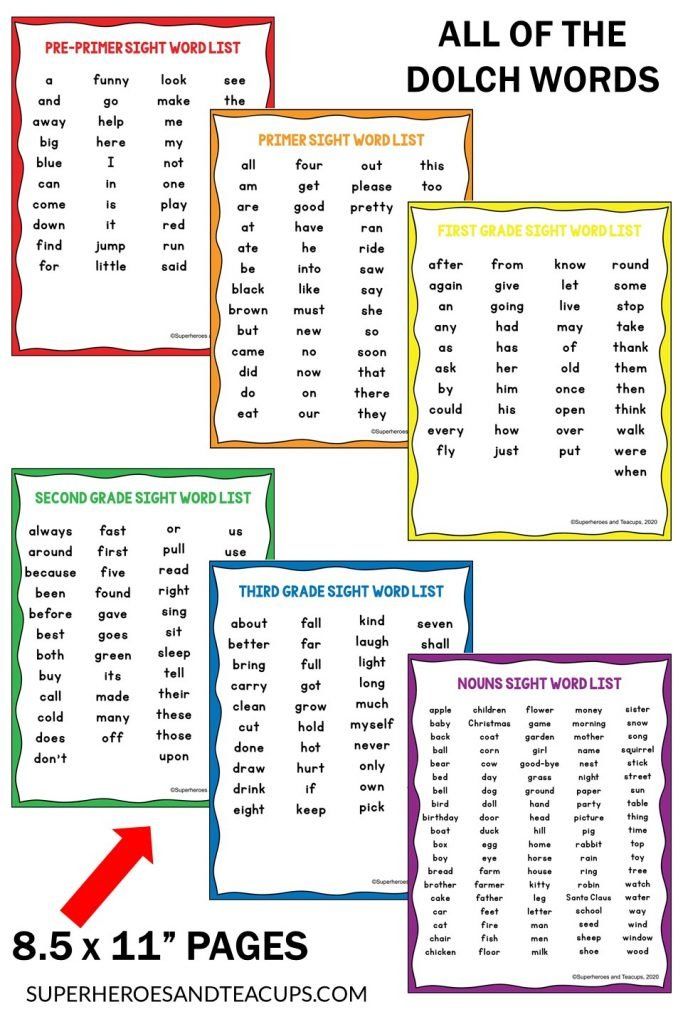
Have you ever been asked to read a paragraph where all of the words are spelled incorrectly? As long as the first and last letters of the word remain intact, the internal letters can be scrambled into any order and it is still possible to read the paragraph normally.
This is because adults do not sound out words, rather they sight read.
Adult reading is about recognizing the collection of letters that make up a word and then scanning the mental lexicon for the best meaning candidate, based on the context in which the word appears and the topic of the text.
Teaching Dolch sight words
While teaching reading to children starts with the decoding process, as children begin to recognize more words, they gradually transition to sight reading. Sight reading speeds up reading and frees up cognitive resources so they can be used to process less frequent vocabulary and enhance comprehension.
TOP TIP: Did you know both in first and second language reading, individuals need to be able to recognize 90% of the words in a sentence in order to make good guesses and acquire new vocabulary from context? (1)
Learn more tips and strategies for teaching sight words.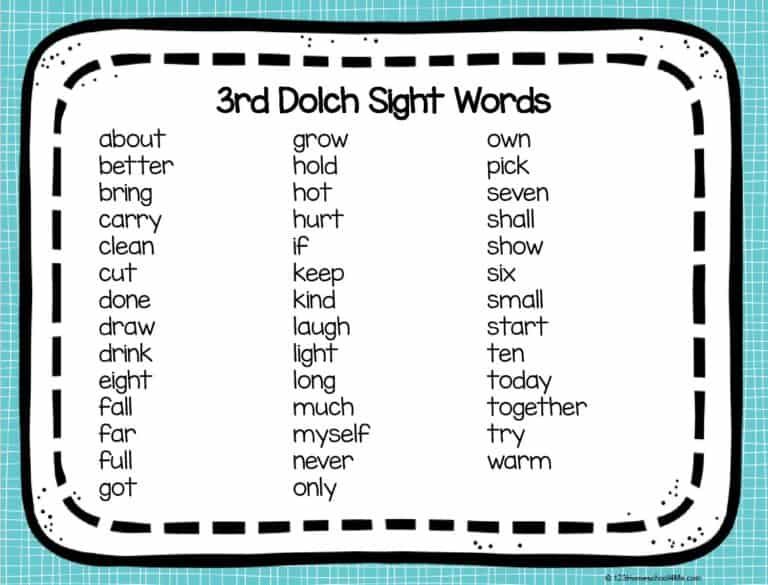
Dyslexia and sight words
In addition to children and beginner readers, the Dolch word list is particularly helpful for individuals with dyslexia and other learning difficulties.
For people without dyslexia, vocabulary size and literacy skills go hand in hand: reading is the most effective way to build breadth and depth in vocabulary and having a larger vocabulary greatly enhances reading comprehension skills.
Yet dyslexia affects the initial stages of language decoding and can cause learners to struggle with activities involving reading and spelling. Sight reading helps dyslexic students skip the decoding process.
Why Dolch words are hard for children with dyslexia to learn
Individuals with dyslexia may struggle to read even the most frequently encountered words. As Dolch words are often abstract service words, they can be harder for dyslexics to learn to spell compared to concrete nouns, which may be more easily linked to an image or mnemonic device.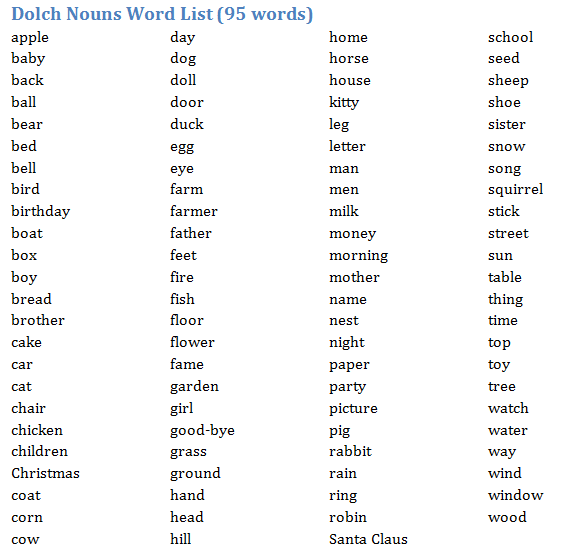
When short term memory is an issue, a strategy for learning Dolch words might involve repetition and multi-sensory teaching.
Touch-type Read and Spell
The TTRS course is a multi-sensory typing program that teaches keyboarding and reinforces literacy skills at the same time. One of the main goals of the course is to enhance frequency of exposure to sight words. They are included in early modules and featured in a specific Dolch words subject.
A learner sees the words on screen, hears them read aloud, and types them. This creates a more lasting and dynamic memory and helps with learning.
Learn more
While TTRS was originally designed to help dyslexic learners acquire typing skills, it can be used to help any child or adult with literacy and typing.
Adult learners and EAL pupils
Learning high frequency words, including Dolch sight words, facilitates reading and listening comprehension skills in adult, EAL and EFL education.
Time is power in reading, and familiarity with sight words allows adults with poor reading skills, as well as English as a second language learners, to read more quickly and focus on the less frequent vocabulary in texts.
Have you studied or taught the Dolch sight words? Please share your experience with us!
References:
(1) Nation, I.S.P. (1997), Vocabulary size, text coverage, and word lists, in Schmitt; McCarthy, Vocabulary: Description, Acquisition and Pedagogy, Cambridge: Cambridge University Press, pp. 6–19.
Dolch Sight Words List | Sight Words: Teach Your Child to Read
All the Dolch sight word lists, divided by grade, also available as printable PDFs.
More
Five techniques for teaching Dolch sight words. Learn proven ways to introduce words, reinforce learning, and correct mistakes.
More
Print a set of Dolch sight word flash cards, or use our generator to create your own custom cards.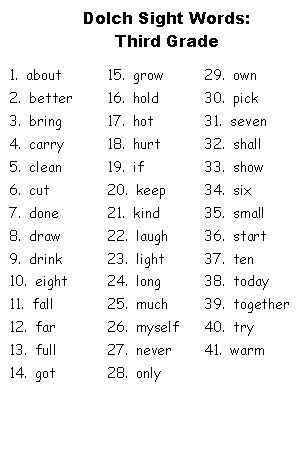
More
Print cards and game boards for 18 Dolch sight word games. A fun way to reinforce sight words lessons!
More
The Dolch Sight Words list is the most commonly used set of sight words. Educator Dr. Edward William Dolch developed the list in the 1930s-40s by studying the most frequently occurring words in children’s books of that era. The list contains 220 “service words” plus 95 high-frequency nouns. These words comprise 80% of the words you would find in a typical children’s book and 50% of the words found in writing for adults. Once a child knows this list of words, it makes reading much easier, because the child can then focus his or her attention on the remaining words.
The Dolch words are commonly divided into groups by grade level, ranging from pre-kindergarten to third grade, with a separate list of nouns. There are a total of 315 Dolch Sight Words.
- Pre-K Dolch Sight Words
(40 words)a, and, away, big, blue, can, come, down, find, for, funny, go, help, here, I, in, is, it, jump, little, look, make, me, my, not, one, play, red, run, said, see, the, three, to, two, up, we, where, yellow, you
- Kindergarten Dolch Sight Words
(52 words)all, am, are, at, ate, be, black, brown, but, came, did, do, eat, four, get, good, have, he, into, like, must, new, no, now, on, our, out, please, pretty, ran, ride, saw, say, she, so, soon, that, there, they, this, too, under, want, was, well, went, what, white, who, will, with, yes
- First Grade Dolch Sight Words
(41 words)after, again, an, any, as, ask, by, could, every, fly, from, give, going, had, has, her, him, his, how, just, know, let, live, may, of, old, once, open, over, put, round, some, stop, take, thank, them, then, think, walk, were, when
- Second Grade Dolch Sight Words
(46 words)always, around, because, been, before, best, both, buy, call, cold, does, don’t, fast, first, five, found, gave, goes, green, its, made, many, off, or, pull, read, right, sing, sit, sleep, tell, their, these, those, upon, us, use, very, wash, which, why, wish, work, would, write, your
- Third Grade Dolch Sight Words
(41 words)about, better, bring, carry, clean, cut, done, draw, drink, eight, fall, far, full, got, grow, hold, hot, hurt, if, keep, kind, laugh, light, long, much, myself, never, only, own, pick, seven, shall, show, six, small, start, ten, today, together, try, warm
- Noun Dolch Sight Words
(95 words)apple, baby, back, ball, bear, bed, bell, bird, birthday, boat, box, boy, bread, brother, cake, car, cat, chair, chicken, children, Christmas, coat, corn, cow, day, dog, doll, door, duck, egg, eye, farm, farmer, father, feet, fire, fish, floor, flower, game, garden, girl, goodbye, grass, ground, hand, head, hill, home, horse, house, kitty, leg, letter, man, men, milk, money, morning, mother, name, nest, night, paper, party, picture, pig, rabbit, rain, ring, robin, Santa Claus, school, seed, sheep, shoe, sister, snow, song, squirrel, stick, street, sun, table, thing, time, top, toy, tree, watch, water, way, wind, window, wood
- All Dolch Sight Words by group
- All Dolch Sight Words in alphabetical order
Leave a Reply
Meaning of words - collection of dictionaries on Glosum.
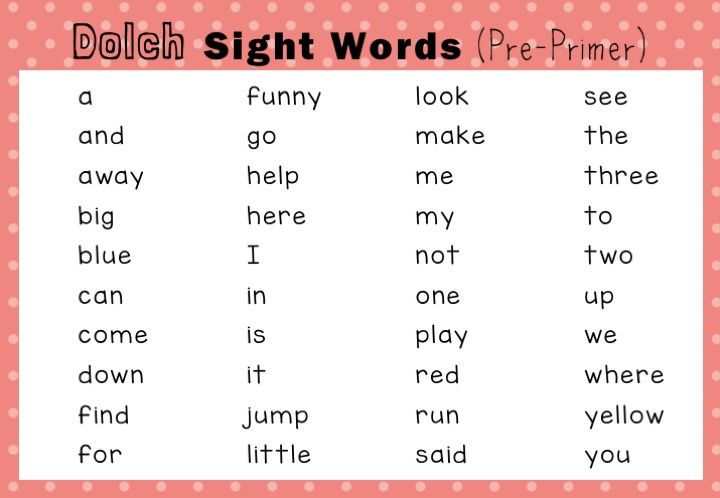 ru Meaning of words - collection of dictionaries on Glosum.ru
ru Meaning of words - collection of dictionaries on Glosum.ru - Main
- Contacts
- Add word
The page you requested may have been moved or removed. It is also possible that you a small typo when entering the address - this happens, so double-check carefully. nine0011
You can continue by going to the main page of
- All Time Popular
- Love
- Motherland
- Adore
- Nativity scene
- Friendship
- Man
- Beauty nine0003 Hope
- Art
- Pantalik
- Bitch
- Paskuda
- World
- Beast
- Fool
- per month
- Member
- Kralya
- Rich
- Freak
- Bobyl
- Khalda
- At
- Justice
- hello
- Eat
- Sly
- Dress up nine0003 Definition
- Man
- Language
- per week
- Shroud
- Careless
- Bogey
- Mazurik
- Colleague
- Morality nine0003 Advocate
- Volunteer
- Information
- Bogatyr
- Furious
- Friend
- Organization
- Idol
- Legend
- per day nine0003 Bastard
- One
- Holy fool
- Yar
- Debely
- History
- Pride
- Show
- Basurman
- Tat
- Romantic
- Not at all
- King
- Honor
- Opportunity
Important
- Policy privacy policy
- Custom Agreement
Our social services networks
- Telegram channel
- Telegram bot
© 2012–2023
Meaning of words in dictionaries
wordmap
The complexity and versatility of the Russian language sometimes surprise even its native speakers. The peculiarity lies in the lack of structure. After all, a lot of liberties are allowed not only in the construction of sentences. The use of some word forms also has several variations. nine0011
The peculiarity lies in the lack of structure. After all, a lot of liberties are allowed not only in the construction of sentences. The use of some word forms also has several variations. nine0011
Difficulties and peculiarities of word processing
The Russian language has a huge number of assumptions that cannot be found in other cultures. Indeed, not only literary words are often used in speech, of which there are more than 150 thousand. But also dialectisms. Since there are many peoples and cultures in Russia, there are more than 250 thousand of them. Not surprisingly, even native speakers sometimes need to find the exact meanings of words. This can be done using explanatory dictionaries or a special WordMap service. nine0011
Why is such a platform convenient? This is a clear and simple dictionary of word meanings, which is proposed to be used online. The service allows:
- to find out the exact meaning of a word or idiom;
- determine its correct spelling;
- to understand how to properly emphasize it.

The site offers to get acquainted with the history of the word. It tells what language or culture it came from, when and by whom it was used in speech. nine0011
When looking up the meaning of words in a dictionary, it is important to understand its essence. After all, the sound component of each lexical unit in the language is inextricably linked with certain objects or phenomena. That is why when using the service, you should not put an equal sign between the meaning of the searched word and its concept. They are interconnected, but they are not a single whole. For example, the concept of the word "center" can be defined as the middle of something. However, specific meanings can indicate the interior of a room, a city, a geometric figure, etc. Sometimes it refers to a medical organization, mathematics or mechanical engineering. Polysemy is the complexity of the Russian language. nine0011
Finding values through WordMap
In order to find out what a word means, painstaking work has been carried out.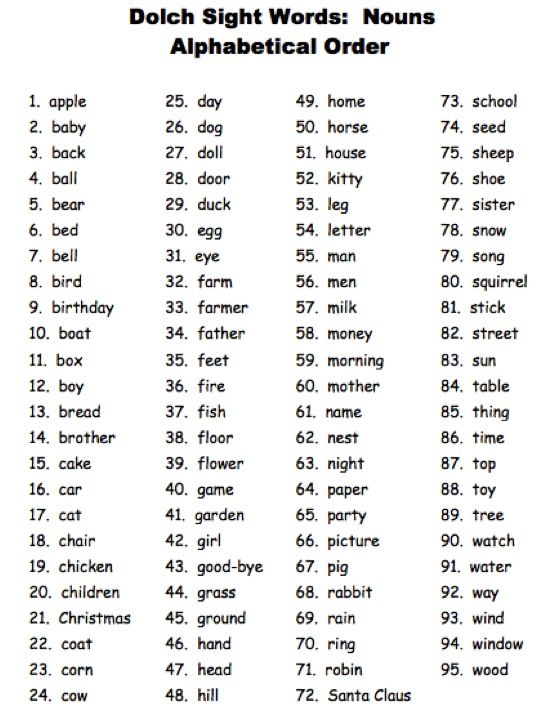 After all, different manuals and collections can give different meanings of the same lexical constructions. To get the most complete picture of the word, you should contact the WordMap service. The system contains values from the most popular and authoritative sources, including dictionaries:
After all, different manuals and collections can give different meanings of the same lexical constructions. To get the most complete picture of the word, you should contact the WordMap service. The system contains values from the most popular and authoritative sources, including dictionaries:
- Ozhegov;
- Dahl; nine0003 medical;
- cities;
- jargons;
- TSB, etc.
Thanks to this, you can find out not only all bookish, but also figurative meanings of a lexical construction.
Just searched:
apple cider 1 second ago
comic 1 second ago
numb 1 second ago
dorf 2 seconds ago
in love 3 seconds ago 0 s
nine0011Fifty 4 seconds ago
Aloodk 4 seconds ago
Saminer 5 seconds ago
Vidoscan 7 seconds ago
Tampone 7 seconds ago
guboshp 7 seconds ago
mini-buldoser 10 seconds ago
9 secondatomras 12 seconds ago
Your rating
Close
Thank you for your rating!
Close
Latest word games baldupuhu
| Name | Word | Guessed | Time | From |
|---|---|---|---|---|
| Player 1 | abc | 2 words | 5 hours ago | 5.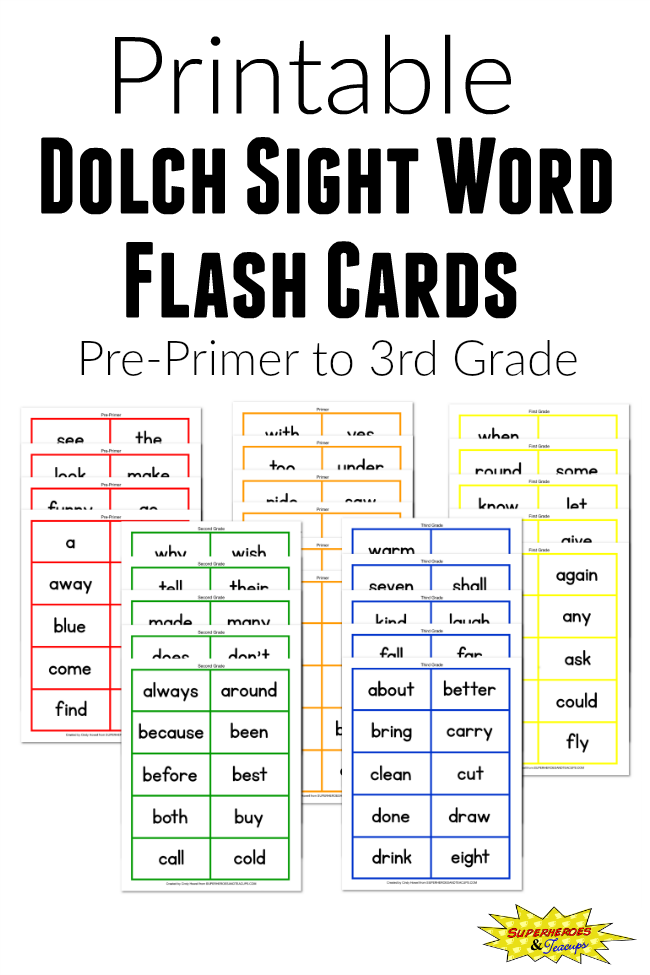 227.24.12 227.24.12 |
| Player 2 | water scoop | 140 words | 5 hours ago | 93.80.183.235 | nine0274
| Player 3 | slavophile | 64 words | 5 hours ago | 91.132.23.36 |
| Player 4 | water scoop | 120 words | 5 hours ago | 91.132.23.36 |
| Player 5 | auto operator | 40 words | 5 hours ago | nine0276 91.132.23.36|
| Player 6 | spring | 0 words | 11 hours ago | 77.52.19.165 |
| Player 7 | Israeli | 39 words | 16 hours ago | 91.132.23.36 |
| Play Words! | ||||
| Name | Word | Account | From | |
|---|---|---|---|---|
| Player 1 | salmon | 0:0 | 3 hours ago | 85. 249.37.139 249.37.139 |
| Player 2 | raid | 47:50 | 3 hours ago | 87.110.11.36 |
| Player 3 | click | 51:53 | nine0276 3 hours ago87.110.11.36 | |
| Player 4 | livka | 59:57 | 3 hours ago | 87.110.11.36 |
| Player 5 | kipka | 51:57 | 4 hours ago | 176.59.100.34 |
| Player 6 | son | 20:19 | nine0276 4 hours ago188.162.174.101 | |
| Player 7 | dog | 49:52 | 4 hours ago | 185.80.221.236 |
| Play Balda! | ||||
| Name | Game | Questions | From | |
|---|---|---|---|---|
| Tima | For one | nine0276 10 questions6 hours ago | 95.46.157.2 | |
| Punk | For one | 20 questions | 12 hours ago | 46.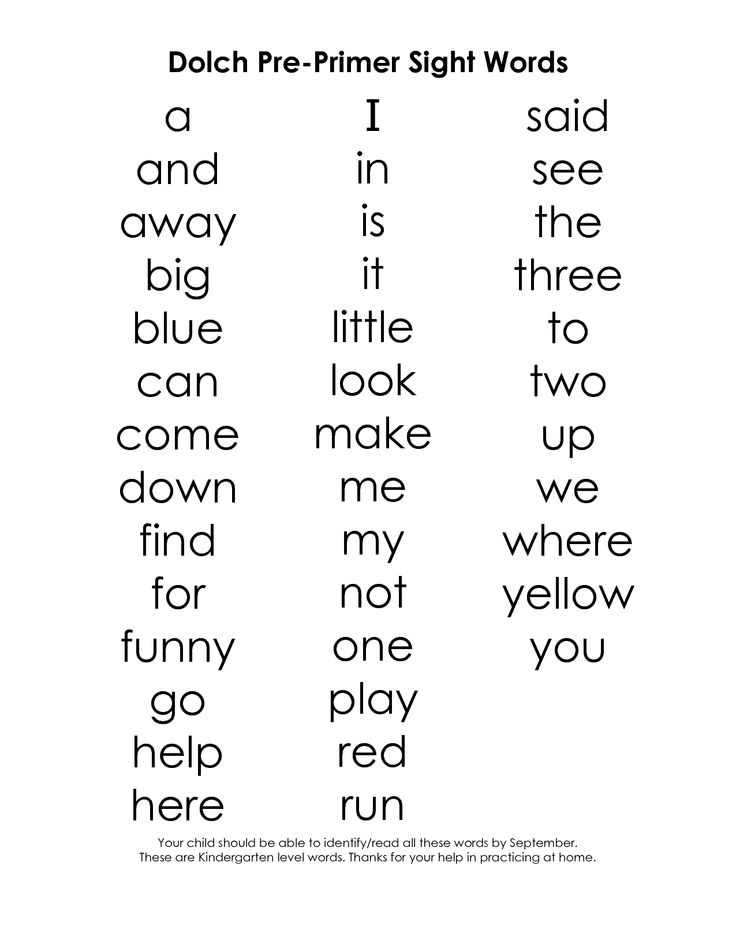 |

